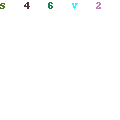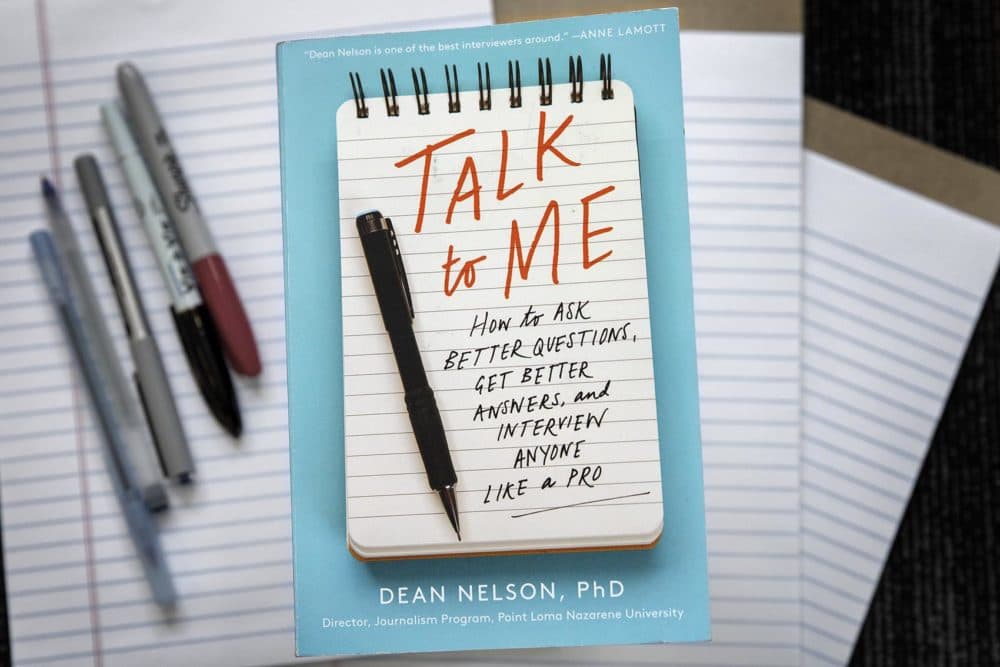Esperanto Essay - 638 Words - StudyMode.
In the article, “Esperanto, the hope of the world”, published in 2011, Yan Rado suggests Esperanto should be a global language, whereas in the article “What’s the point of Esperanto?”, published in 2011, Angla Sola presents that it is a false claim that Esperanto is the best choice for the world’s second language. This essay will critically analyze the arguments of both authors.
Esperanto’s creation Esperanto was created by Ludwik Lejzer Zamenhof a Polish Jewish doctor inventor and writer L L Zamenhof was born on the 15th December 1859 in the Polish town of Bialystok which at that point was part of the Russian Empire Within the town there were four major ethnic groups Germans Russians Poles and Jews all of which spoke their own languages and had their own customs.
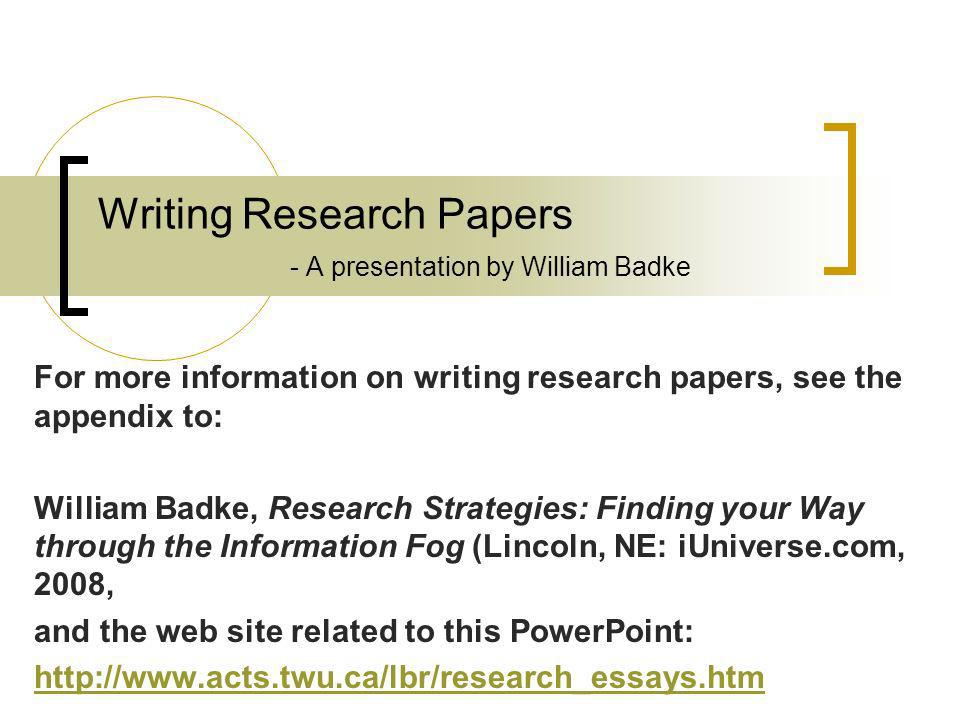
I received an anonymous essay in the mail entitled How to Talk Dirty In Esperanto. In addition to explaining the vocabulary of insults and sex, it is one of the best explanations of the grammar and suffixes I have found. I have transcribed it here and augmented its vocabulary with other sources.

How to say essay in Esperanto What's the Esperanto word for essay?Here's a list of words you may be looking for.

Esperanto is a living language that is both spoken and written. Its total lexicon contains between fifteen and twenty thousand root words that are potentially generative of myriad others.

A touching tale of a grandson and his sick grandfather, with illustrations by schoolchildren in Erlangen and Bialystok. Parallel text in German, Esperanto, English, Polish; the Esperanto translation is by Sabine and Pit Hauge. Includes ISBN 3925978828.

Browse essays about Esperanto Language and find inspiration. Learn by example and become a better writer with Kibin’s suite of essay help services. It looks like you've lost connection to our server.
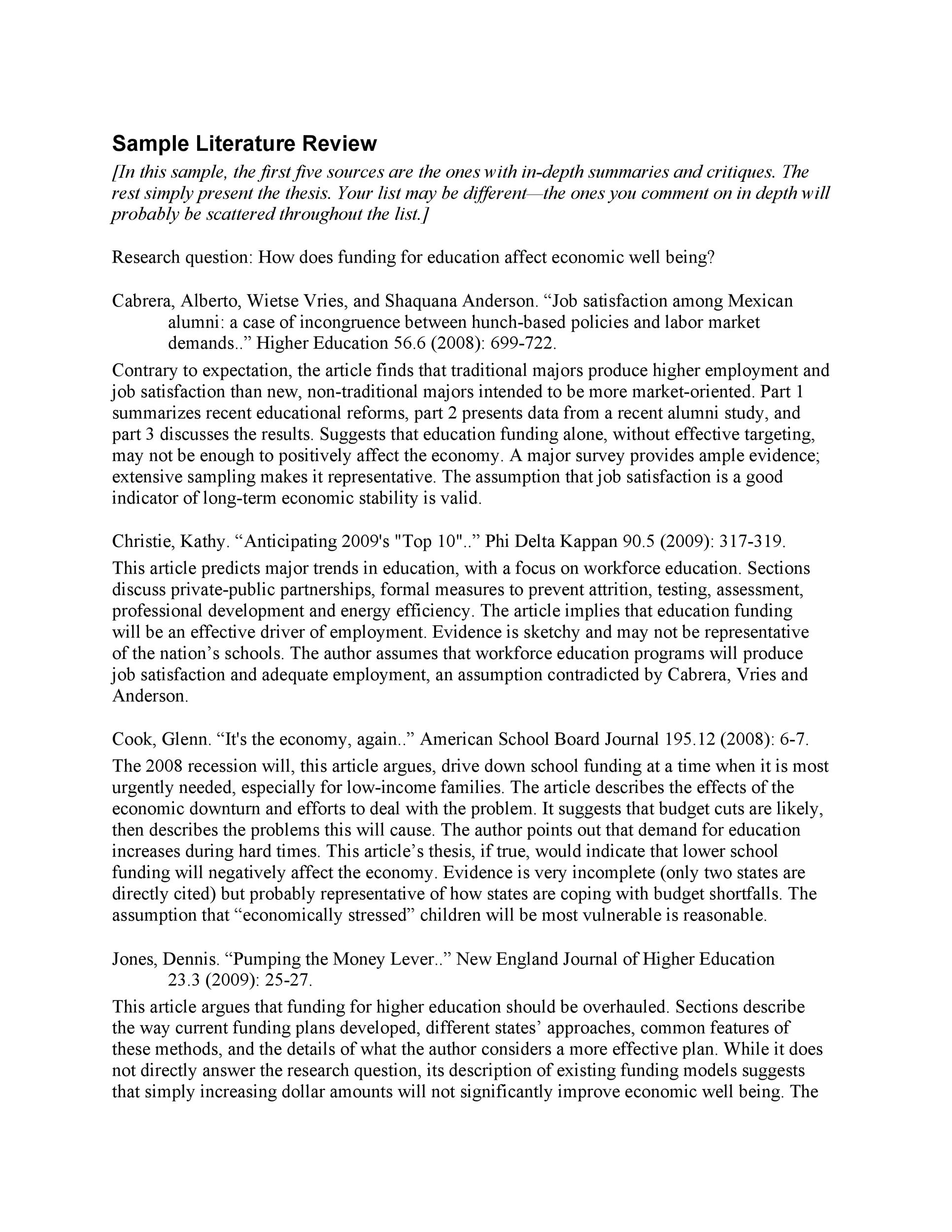
Find Esperanto flashcards at Cram.com. The largest on-line source of flashcards. Browse our diverse flashcard library today and find the right cardsets, only with Cram.com!

In an influential essay some years ago, the late Richard Wood described Esperanto as “a voluntary, non-ethnic, non-territorial speech community” (1). Wood stressed the fact that Esperanto is largely an elective language, learned by its speakers through conscious decision.
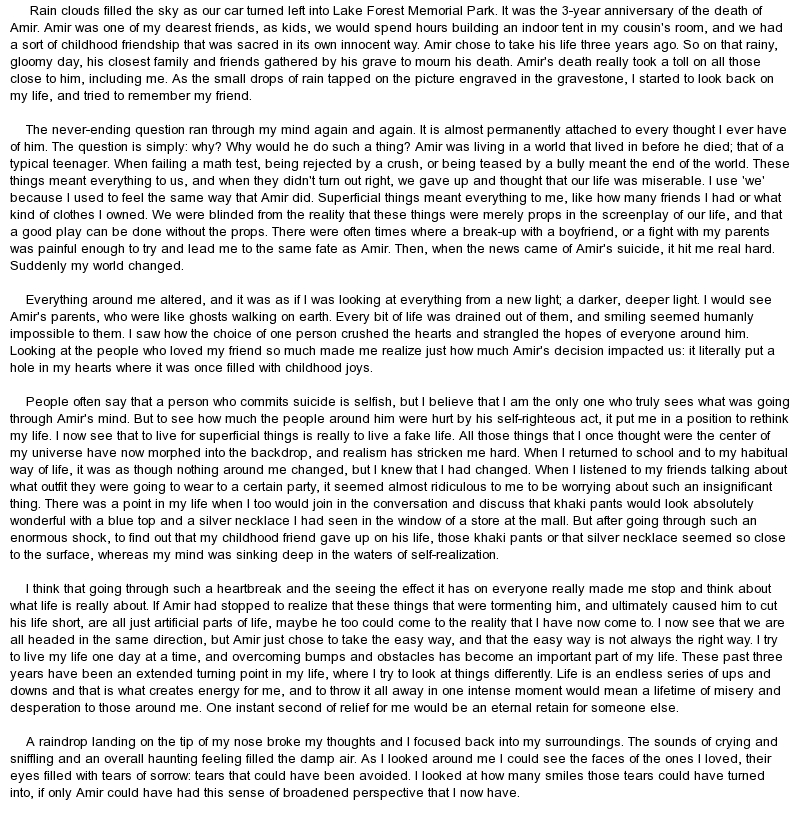
Pros and Cons of Esperanto as a World Language - Nadine Pagel - Term Paper - English Language and Literature Studies - Linguistics - Publish your bachelor's or master's thesis, dissertation, term paper or essay.

Esperanto is a constructed auxiliary language. Its creator was L. L. Zamenhof, a Polish eye doctor. He created the language to make international communication easier. His goal was to design Esperanto in such a way that people can learn it much more easily than any other national language.

The job is considerably easier in Esperanto. I suspect that it is no coincidence that the accusative case disappeared from the Western vernaculars during a period of low literacy and little literature. When you speak Esperanto, feel free to vary your word order as you see fit, where the rules permit.

There are roughly 5,000 or so languages in use in the world today. There have been grandiose plans by people in the past to create a universal language for the world. One example is a language published by Dr. L. L. Zamenhof over 100 years ago called Esperanto, meaning One who hopes. Th.
